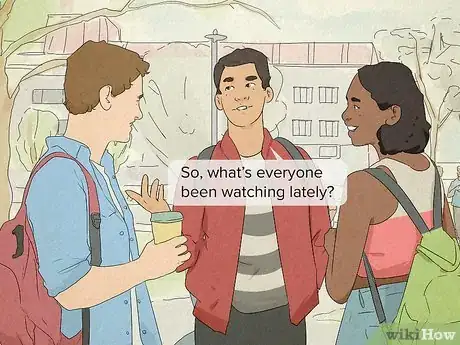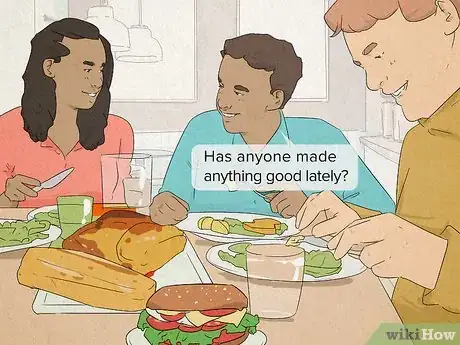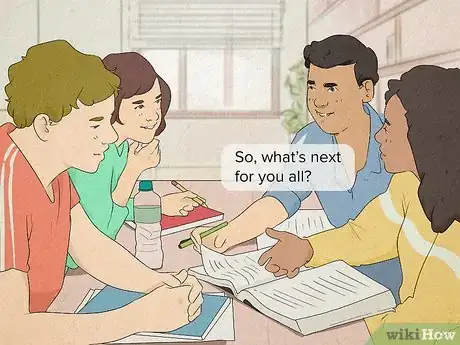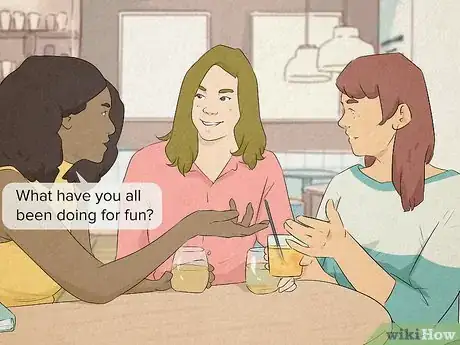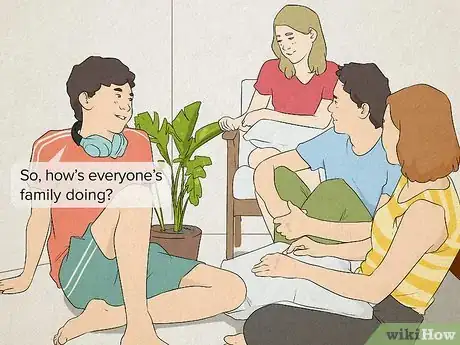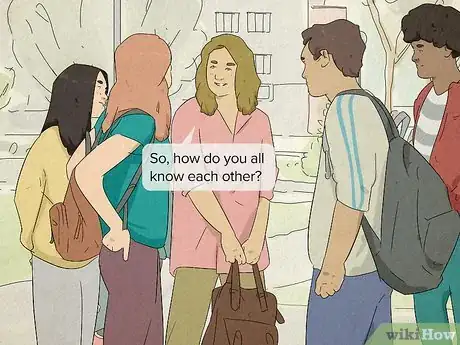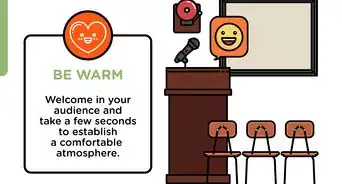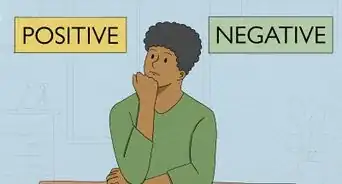This article was co-authored by Lynda Jean and by wikiHow staff writer, Hannah Madden. Lynda Jean is an Image Consultant and the Owner of Lynda Jean Image Consulting. With over 15 years of experience, Lynda specializes in color and body/style analysis, wardrobe audits, personal shopping, social and professional etiquette, and personal and business branding. She works with clients to enhance their image, self-esteem, behavior, and communication to facilitate their social and career goals. Lynda holds Bachelor degrees in Sociology and Social Work, a Master’s degree in Clinical Social Work, and a Certified Image Consultant (CIC) certification. She studied Image Consulting at the International Image Institute and the International Academy of Fashion and Technology in Toronto, Canada. Lynda has taught Image Consulting courses at George Brown College in Toronto, Canada. She is the co-author of the book, “Business Success With Ease,” where she shares her knowledge about, ‘The Power of Professional Etiquette.’
There are 7 references cited in this article, which can be found at the bottom of the page.
This article has been viewed 47,519 times.
Whether you’re with friends, coworkers, or family members, keeping up a lively discussion will make your time together much more fun. Keeping a few conversation topics in your back pocket is a great way to introduce new ideas and get the group talking. Try pulling these out at the next dinner party or get-together to keep things interesting and learn more about each other.
Steps
Community Q&A
-
QuestionIf I don’t want to talk but I have to talk. then what should I do?
 KY_GirlatHeartCommunity AnswerYou can start off by smiling and saying hello, then by introducing yourself to anyone you don't know ("Hi, I'm [insert your name]; it's nice to meet you). You can ask one of the questions suggested in the article to get the conversation started. You could resort to riddles to get people to talk. Just contribute to the conversation when asked a question or when adding comments; you don't necessarily have to do all the talking. Listening helps a great deal.
KY_GirlatHeartCommunity AnswerYou can start off by smiling and saying hello, then by introducing yourself to anyone you don't know ("Hi, I'm [insert your name]; it's nice to meet you). You can ask one of the questions suggested in the article to get the conversation started. You could resort to riddles to get people to talk. Just contribute to the conversation when asked a question or when adding comments; you don't necessarily have to do all the talking. Listening helps a great deal.
References
- ↑ https://www.fluentu.com/blog/educator-english/esl-discussion-topics-for-adults/
- ↑ https://www.nytimes.com/2020/04/03/smarter-living/conversation-starters-non-coronavirus.html
- ↑ https://www.nytimes.com/2020/04/03/smarter-living/conversation-starters-non-coronavirus.html
- ↑ https://www.fluentu.com/blog/educator-english/esl-discussion-topics-for-adults/
- ↑ https://www.nytimes.com/2020/04/03/smarter-living/conversation-starters-non-coronavirus.html
- ↑ https://www.fluentu.com/blog/educator-english/esl-discussion-topics-for-adults/
- ↑ https://www.nytimes.com/2020/04/03/smarter-living/conversation-starters-non-coronavirus.html
- ↑ https://shynesssocialanxiety.com/good-conversation-topics/
- ↑ https://shynesssocialanxiety.com/good-conversation-topics/
- ↑ https://shynesssocialanxiety.com/good-conversation-topics/
- ↑ https://www.fluentu.com/blog/educator-english/esl-discussion-topics-for-adults/
- ↑ https://www.businessinsider.com/how-to-skip-small-talk-and-have-deep-conversations-2015-12#talk-about-something-specific-youre-working-on-8
- ↑ https://www.inc.com/jessica-stillman/10-memorable-and-professional-networking-conversat.html
- ↑ https://shynesssocialanxiety.com/good-conversation-topics/
- ↑ https://www.youtube.com/watch?t=115&v=QXiAPiw7vfc&feature=youtu.be
- ↑ https://www.thecut.com/article/questions-to-ask-friends.html
